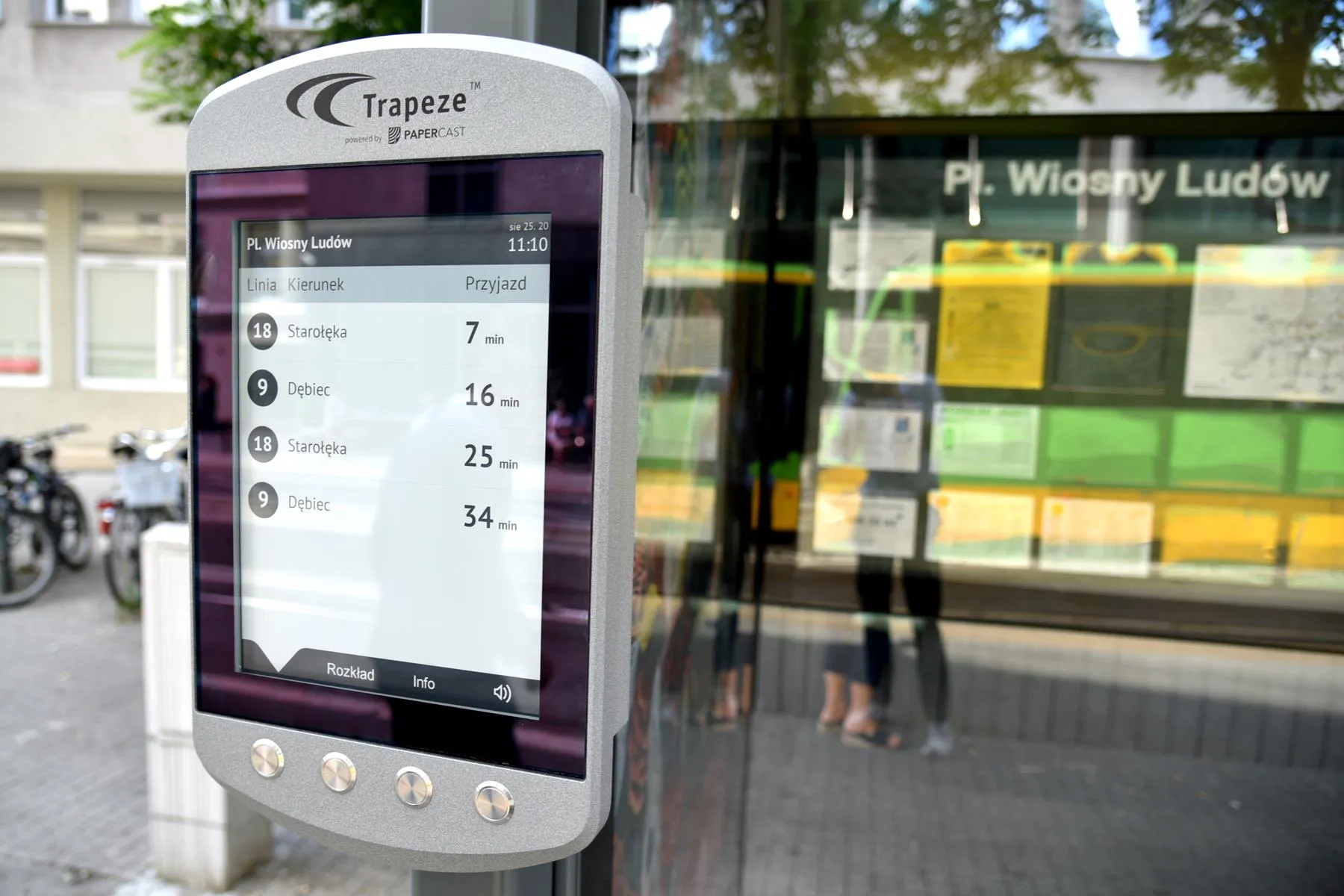Cubic Transportation Systems has been awarded a contract worth almost US$27 million from the New York Metropolitan Transportation Authority to build and integrate the bus hardware system for MTA Bus Time, the authority's customer information system for bus location and arrival times that will be accessible to passengers using an internet browser-based map, a mobile phone-based application and a text message-based service. As part of the bus hardware system, Cubic will deliver its new mobile validator that w
March 19, 2013
Read time: 1 min
As part of the bus hardware system, Cubic will deliver its new mobile validator that will function as the on-board computer and bus location device for the system.
The MTA is rolling out the GPS-based system across the remaining three boroughs after last year's successful launch in Staten Island and the Bronx. Cubic will install the MTA's bus hardware system on approximately 3,800 buses serving Manhattan, Brooklyn and Queens.









